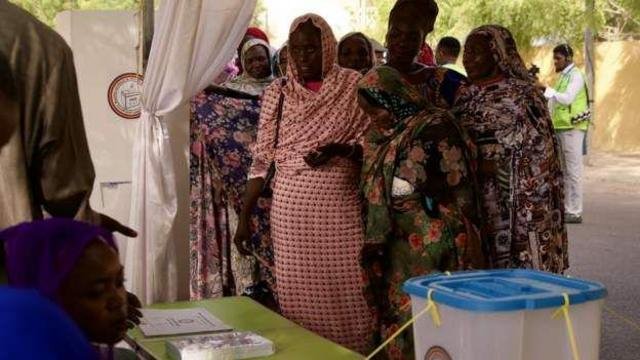Chad’s Presidential Election: Step Towards Civilian Governance, End to Military Rule
Chad stands on the brink of a historic transition as it moves from junta-led rule towards democratic governance, marking a significant departure from its recent political landscape. The impending presidential vote scheduled for Monday signals the culmination of a three-year transitional period following the abrupt demise of long-standing leader Idriss Déby Itno amid rebel clashes. As Chad navigates this pivotal juncture, it emerges as a potential trailblazer among Africa’s junta-led nations in its quest for democratic normalization.
However, amidst the anticipation of democratic renewal, skepticism looms over the candidacy of Gen Mahamat Déby, the late president’s son and successor, who emerges as a frontrunner in the electoral race. The prospect of a Déby dynasty perpetuating its grip on power raises doubts about the transformative potential of the electoral process. Prime Minister Succès Masra emerges as a formidable challenger to Gen Déby, embodying a semblance of opposition within the political arena.
The electoral proceedings have unfolded with relative calm, punctuated by isolated incidents of violence, including the tragic death of a 65-year-old man in Moundou. Reports indicate that the fatal altercation ensued after the individual was denied voting access due to the absence of an electoral card, highlighting the tensions underlying the electoral process. Despite sporadic disruptions, the electoral machinery continues its operation, albeit amid allegations of irregularities and controversies surrounding candidate exclusions.
Against this backdrop, contrasting sentiments permeate the electorate, reflecting a spectrum of optimism and disillusionment. While some, like Laoukoura Sa-Ndoudjinang, harbor skepticism regarding the prospects of genuine change, others, such as Ibrahim Moussa Youssouf, express optimism buoyed by the promise of transformative outcomes. The polarization of public sentiment underscores the complexity of Chad’s political landscape and the divergent aspirations of its populace.
The electoral contest unfolds against political intrigue and contention, characterized by candidate exclusions and allegations of foul play. The exclusion of prominent figures and the fatal confrontation with Yaya Dillo underscore the underlying tensions within Chad’s political arena. Activists’ calls for election boycotts reflect entrenched disillusionment with the electoral process, perceived as a facade masking entrenched power dynamics.
Notwithstanding the challenges and uncertainties, Chad’s electoral milestone holds broader significance within the regional context, offering a potential template for democratic transition amidst a wave of military coups. As Chad braces for the release of election results, the specter of a possible second round underscores the fluidity of its political trajectory. The impending outcomes profoundly affect Chad’s democratic journey and its aspirations for a more inclusive and equitable future.















